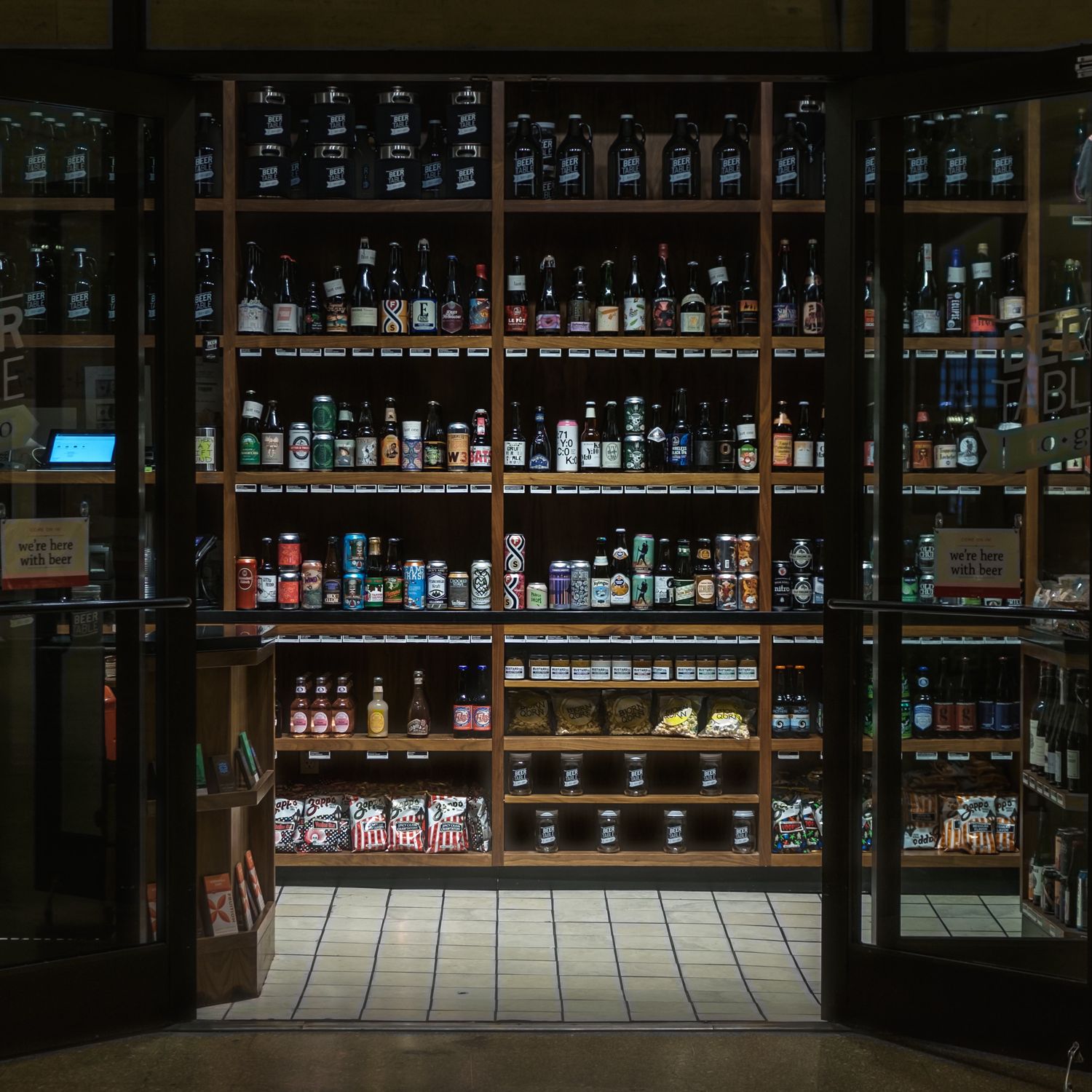Government tackles drugs but not rising alcohol problem?
It has been brought to attention that the amount of people being affected by alcohol in the UK continues to rise. As death rates have continued to soar this year and the focus being predominantly on illegal drugs, it looks as though one of the most damaging substances for people in the UK - alcohol is being ignored.
In England and Wales in 2020, there were 7,423 alcohol-specific deaths. This is a 19.6% increase in deaths from 2019.
In recent news there has been a focus on drug addiction and the problems which can stem from illicit drug use. The government have decided to start putting measures in place to try to combat people using drugs and reduce crime relating to drugs. With this at the forefront of the government’s future plans the ever-concerning issues surrounding alcohol are being pushed to the side-line.

Evidence has come to light that those who are suffering with alcohol addiction or have been hospitalised from alcohol and diagnosed with liver damage, have actually been in contact with NHS services 25 times before being told. Once diagnosed it is often too late to prevent any of the deterioration from continuing or reversing any of the damage already caused.
Some people argue that this is unacceptable. The shocking figure of 25 contact times with services before diagnosis is too many times. There have been 25 times where there could have been meaningful interventions.
This could have helped and informed the individual on the dangers of alcohol and addiction. It could have potentially prevented these individuals from getting to the point where it is too late. Some specialists argue that these interventions need to be taking place more to prevent this.
In England in 2019/2020 there were 976,425 hospital admissions related to alcohol consumption, a rate 12% higher than in 2016/2017.
It is also important to remember that it is not only the individual who is suffering but the family and friends around that person.
It is key to understand as our Director, Lester Morse said: “no one measures the suffering of others.”
Alcohol is extremely dangerous to people who suffer from addiction and do not understand the effects alcohol can have on the body and the brain.
The statistics are shocking and it could be argued that more needs to be done to combat these problems.
Professor Julia Sinclair, Chair of the addiction’s faculty at the Royal College of Psychiatrists, said to Chanel 4 in an interview that alcohol tax could be increased to help prevent the extent of people abusing alcohol. She continued that the government failed to outline any noticeable increase on alcohol in the most recent budget announcement.
She argues that it is important to assess the risks of alcohol and factor that in to the pricing of alcohol.
The government could increase funding for residential treatment and therapies that would be able to help those who are suffering with alcohol related problems. By focusing on the root cause for someone’s drinking with a positive support network, there is more of a chance for an individual to be successful in recovery.
It is also important to be able to recognise signs and symptoms of someone who may be struggling early on. This would enable the individual to have more chance of getting help if more people were able to offer support.
As well as this, educating people on alcohol and the effects of alcohol. Many individuals don’t realise what alcohol does to the body, how it works or what excessive drinking can do. If more young people are educated it could be argued that there would be less people over-drinking or becoming drink-dependant. It is important to get the information out there.

It could be argued that the government are going to be the barriers in the way when looking at what changes could be made. The amount of revenue that alcohol creates for the economy of the country could ultimately be why there has been such a reluctant reaction to these alcohol problems.
With the new Covid-19 variant, Omicron, on the rise and the potential threat of another lockdown on the horizon, the amount of people ‘home drinking’ could possibly increase. Throughout the first lockdown it was evident that ‘home drinking’ became a problem for many. This poses a risk to any plans to reduce alcohol consumption.
As well as this, the increase in people using online grocery shopping services, including Deliveroo and Uber Eats, it is easier than ever to get alcohol to your door. With the potential for another lockdown, it can be easy for people to isolate themselves in their own home and start increasing their alcohol consumption without anyone else realising.
The lack of funding in these areas is also a challenge. In the last 7/8 years the funding cuts for treatment centres across the UK has decreased dramatically. Adults lost 25% treatment funding and young adults were hit even harder with a 40% cut to services since 2013.
It is important to recognise that there isn’t one particular angle to blame this on.
As Professor Julia Sinclair said: “Addiction is a really complex addiction, so there are both factors which are societal, financial, individual and also our effected in terms of our genes. So, I don’t think you can blame one facet.”
All of the above pose challenges when looking at alcohol consumption and what can be done to reduce the risk of people abusing alcohol. The figures speak for themselves that this is an issue up for debate and more needs to be done.

If you are concerned about you or a loved one’s drinking, or drug use then do not hesitate to contact our team – they are here to answer any questions you may have and direct you to the best possible help you can get.
